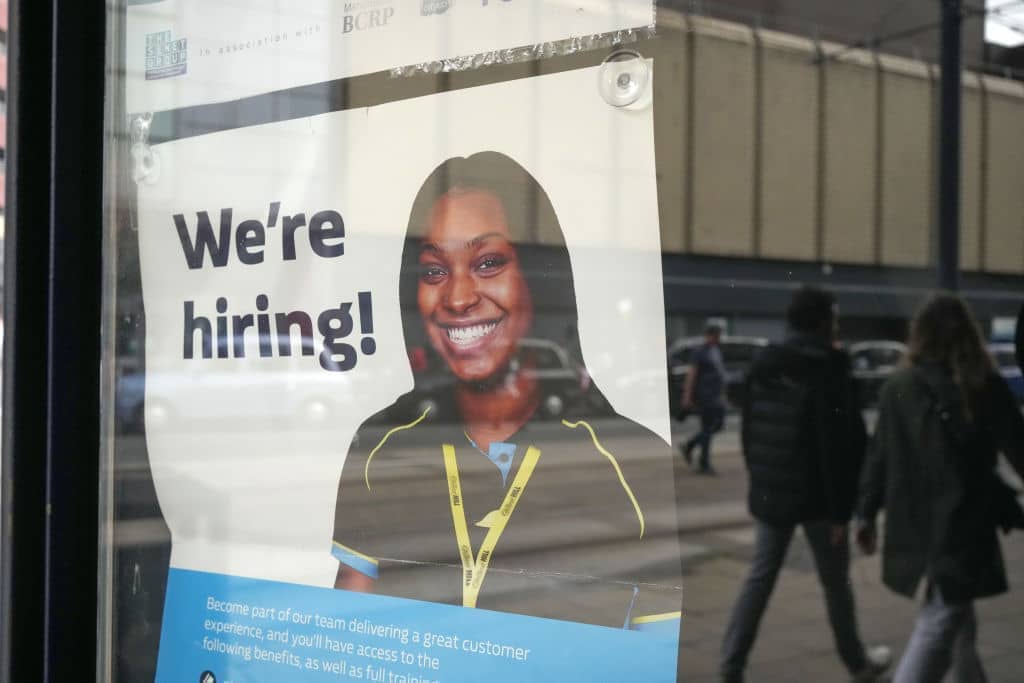Now that the Chancellor’s furlough scheme has come to an end, are employers rushing to lay off those workers whose wages have been paid, at least in part, by the government?
The good news for Rishi Sunak – and the taxpayer, who footed the bill for this multi-billion pound scheme – is that the early evidence suggests they are not: in the three months leading up to August, the headline unemployment rate dipped again. It is now down to 4.5 per cent, having peaked just over five per cent last winter.
The picture in the labour market isn’t necessarily all rosy
Figures from the Office for National Statistics will still take several months to show the true impact of the scheme ending at the end of September. The data update for August, though, offers another reason to be cautiously optimistic that many furloughed workers are keeping their jobs.
But the picture in the labour market isn’t necessarily all rosy: if anything, a wholly different crisis is emerging than the one that was expected. Far from an unemployment crisis, a labour shortage is starting to bite, disrupting supply chains and leading to problems in a range of sectors, including agriculture, energy and hospitality.
ONS figures reveal that the number of job vacancies in the UK has (once again) reached a record high: now standing at more than 1.1 million openings.
Soon, we could all pay the price for this situation. There are fears that the great worker shortage could lead to a hike in inflation – throwing delicately-balanced public finances into an even more precarious state and also exacerbating the cost-of-living crisis.
The Institute for Fiscal Studies’ Green Budget report estimates that inflation and rate rises could add an additional £15 billion to the cost of servicing the country’s debt compared to previous estimates. This is a bill Rishi Sunak cannot dodge. And paying up won’t mean shiny new hospitals or more NHS beds or new hospitals – but simply forking out for the money we’ve already spent.
With no signs of the labour crunch easing any time soon – and wages on the rise (Capital Economics reports underlying wage growth ‘accelerated from a range of 3.6-5.1 per cent in July to 4.1-5.6 per cent’), the labour market is beset with problems – just not the ones we expected.
Sign up to my weekly economics newsletter here.







Comments